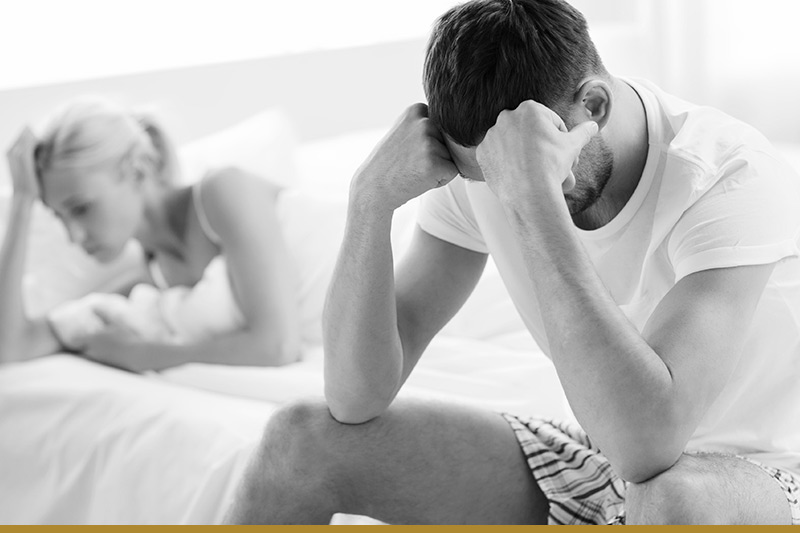Low testosterone affects both men and women, usually due to aging or medical reasons. The hormone regulates many bodily functions, and its decline can lead to unpleasant symptoms. One of the most common is fatigue – extreme and chronic tiredness that impairs the patient’s quality of life.
This article explains how low testosterone causes fatigue and what to do.

Fatigue is one of the most common symptoms of low testosterone. It is more severe than common tiredness that can be restored after a good night’s rest and often results from a lack of energy due to mental and emotional strain.
Scientists don’t fully understand the link between testosterone and energy levels, but studies show the hormone affects cognitive functions, mood, sexual function, and muscle mass. When these functions are out of balance, they lead to a lack of energy, low mood, and fatigue.
Note: Does testosterone give you energy? Read our article and find out.
People with testosterone fatigue usually experience extreme exhaustion and no motivation for basic daily activities, including going to work, socializing, and sexual life. Fatigue is a debilitating symptom that doesn’t improve after sleep or rest. Unfortunately, it perpetuates other low testosterone symptoms, including weight gain, loss of muscle mass, and depression.
Low testosterone may cause the following symptoms:
Note: Learn more about the correlation between sleep and testosterone, or read about how chronically low testosterone levels can contribute to hormonal depression.
Testosterone replacement therapy (TRT) is the most effective way to relieve symptoms of low testosterone. Recent studies show long-term TRT can significantly reduce fatigue scores.
The therapy involves replacing testosterone using approved medication. TRT comes in the form of creams, pellets, injections, and skin patches.
Other ways to fight low testosterone fatigue include:
Note: Learn how TRT can support weight loss.
Fatigue often results from declining testosterone. Learn to recognize the symptoms of low testosterone and implement lifestyle changes and treatments that will improve your daily life and well-being.
If you’re looking for testosterone replacement therapy in Phoenix, let our experienced medical professionals help you!




4325 E Indian School Rd, Suite 130
Phoenix, AZ 85018
United States
(480) 422-2058
info@vibrantvitalityclinic.com
Monday - Friday: 9:00 am - 6:00 pm
Saturday: 9:00 am - 3:00 pm
Sunday: Closed
